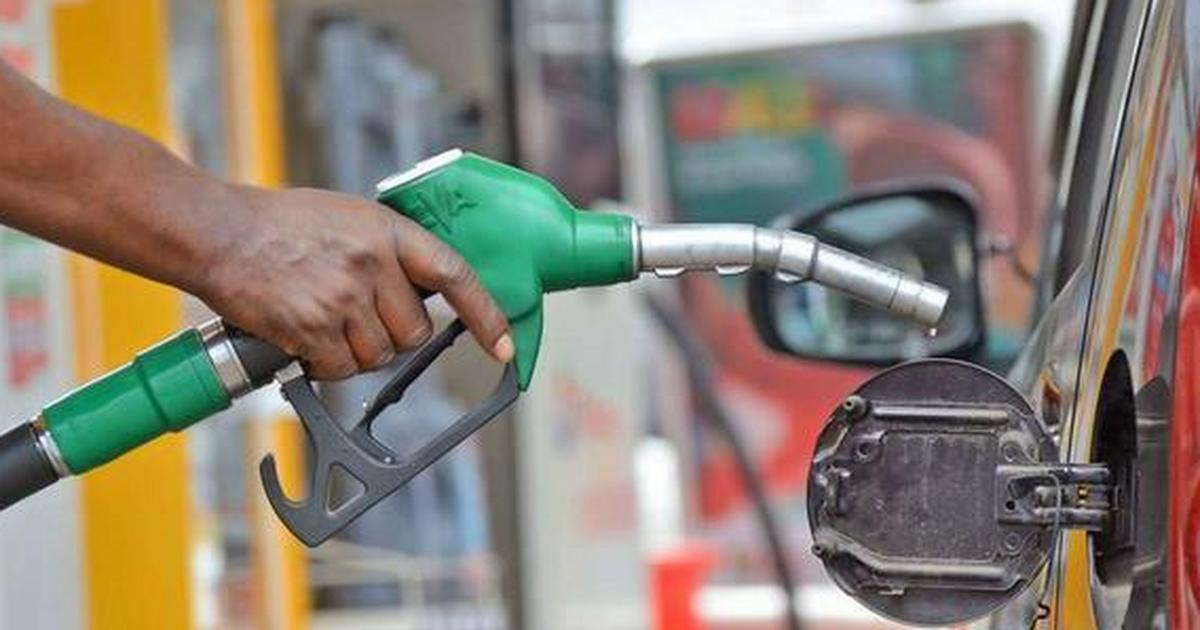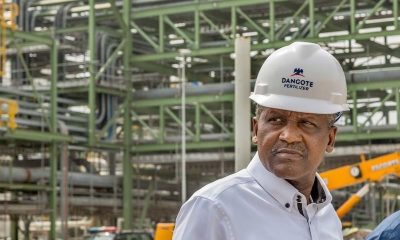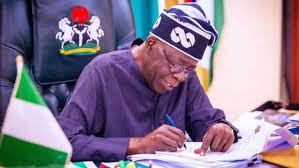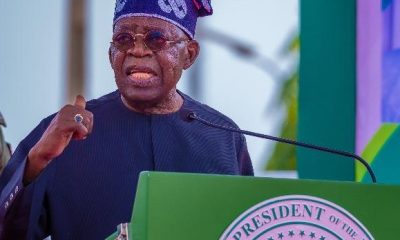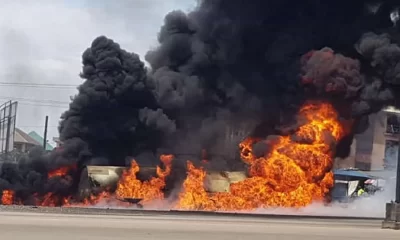Fuel stations across Abuja, the federal capital territory on Friday, October 20 were selling fuel at the rate of N625 to N630 per litre.
Although there were no long queues at the few stations that are currently operating, the price of fuel per liter has increased unofficially while major stakeholders in the downstream oil sector are not addressing the issue.
Aside from the fact that the Israel-Hamas war is causing a spike in global crude oil prices ($93.37 as of Friday, October 20, 1:38 PM, GMT+1), the Nigerian National Petroleum Company Limited (NNPCL) has taken over as the exclusive fuel importer, preventing other marketers from importing fuel.
This shift has left the responsibility of importing fuel for the entire country on NNPCL’s shoulders. As a result, external fuel storage depots are running low because independent marketers are unable to import fuel due to difficulties in accessing foreign exchange.
As of Friday afternoon, fuel scarcity in Abuja is not as severe, with no visible fuel queues in the city. However, some retail fuel stations remain closed.
READ ALSO: Petrol marketers fault processes of fuel subsidy removal
In response to the high fuel prices, many vehicle owners in Abuja have made alternative commuting arrangements. Instead of buying fuel to fill their vehicle tanks, they have opted to park their cars and use public transportation for their daily commute.
This shift in behaviour is a result of the significantly increased price per litre compared to the previous cost of N185 per litre, which was common before the official removal of fuel subsidies.
When fuel subsidies were officially removed in May 2023, Mele Kyari, the Group Chief Executive Officer of NNPCL said that Nigerians should expect market forces to determine fuel pump prices henceforth.
However, Abuja-based Businessman, Ifeanyi Igwe sai that Nigerians have had no respite since May because fuel pump prices keep increasing.
“Even if NNPCL has become the sole importer of fuel again, does that mean marketers are not getting regular supplies from them? Fuel pump prices have increased and that means price increases for food and transportation, meanwhile, the masses are out here suffering.
“Now that the prices have increased, why are they not even uniform? What is the job of the Nigerian Midstream and Downstream Petroleum Regulatory Authority (NMDPRA)? Why do we have to go through all these in this country?”
A recent report from Vanguard quoted Chief Chinedu Ukadike, the Public Relations Officer of the Independent Petroleum Marketers Association of Nigeria (IPMAN), who emphasized that independent marketers are facing significant challenges in importing fuel under these circumstances.

 Entertainment5 days ago
Entertainment5 days ago
 Comments and Issues1 week ago
Comments and Issues1 week ago
 Comments and Issues1 week ago
Comments and Issues1 week ago
 Health7 days ago
Health7 days ago
 Comments and Issues1 week ago
Comments and Issues1 week ago
 Health3 days ago
Health3 days ago
 Football7 days ago
Football7 days ago
 Football7 days ago
Football7 days ago
